A social media frenzy may have been responsible for Burger King’s decision to bring back chicken fries. How much influence does social media have on the eating habits of young Americans, as well as companies' responses to them?
Get Started for FREE
Sign up with Facebook Sign up with X
I don't have a Facebook or a X account

 Your new post is loading... Your new post is loading...
 Your new post is loading... Your new post is loading...

Mary Reilley Clark's curator insight,
February 16, 2015 12:10 PM
This quote, referring to a study on comments a PSA about vaccines, made me gasp: "...many readers, especially those who are less Internet-savvy, assume commenters “know something about the subject, because otherwise they wouldn’t be commenting on it.” The mere act of commenting, then, can confer an unearned aura of credibility." Another great opinion piece from The New York Times that would work well in middle or high school digital/media literacy discussions.

Mary Reilley Clark's curator insight,
April 10, 2013 10:16 AM
How do you get students to think critically about the media they consume or create? Some ideas here, as well as some tools for creating and collaborating.

Mary Reilley Clark's curator insight,
May 15, 2013 12:36 PM
If this holds true, is it because we're not teaching students how to read infographics, or because the design really is distracting? I'll be interested in further research on this.

Mary Reilley Clark's curator insight,
October 13, 2013 10:53 AM
This would be a great research topic! Who decides who edits, who gets banned at Wikipedia? 
GwynethJones's curator insight,
October 13, 2013 12:52 PM
What great fun & a terrific conversation starter!

Nicole Laura's curator insight,
March 10, 2014 11:16 AM
Wow. A great example for Media Literacy lessons. 
Mary Reilley Clark's curator insight,
March 10, 2014 11:31 AM
Thanks to @NWaskieLaura for pointing this one out. |

Lauren Halse's curator insight,
March 13, 2022 6:18 AM
Worth checking this resource out next time when updating my media literacy unit.

Mary Reilley Clark's curator insight,
February 16, 2015 11:54 AM
An excellent article to share with high school students. Maybe the obsession with selfies has more to do with some atavistic need to see each other on social media, to compensate for the anonymity of much of what we do or say online. Well worth reading, and re-reading.

Mary Reilley Clark's curator insight,
June 25, 2013 7:10 PM
This is what we want students to understand: “…when you connect images in a fashion that creates a narrative story in a literate way, you elicit powerful responses.”

Mary Reilley Clark's curator insight,
September 2, 2013 3:42 PM
Based on informal feedback, more of my 7th and 8th graders use Instagram than Facebook. The infographic above is from Ann Vega and her awesome blog, www.librariansonthefly.blogspot.com.

Mary Reilley Clark's curator insight,
November 29, 2013 2:09 PM
Getting kids in middle school to ask questions can be so hard. Using the "Huh?""Really?" "So?" process to keep the questions flowing might help. |






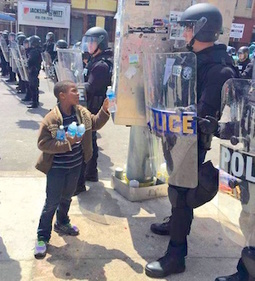
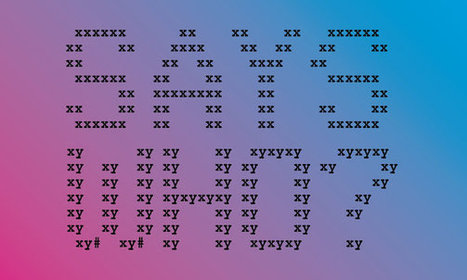
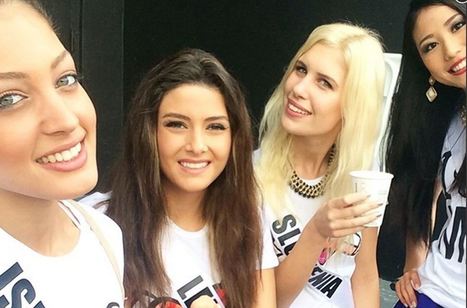
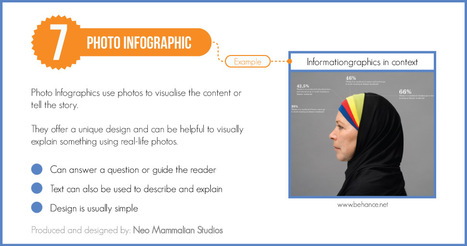


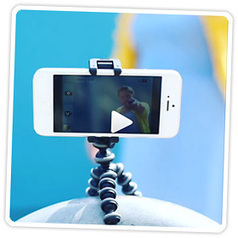
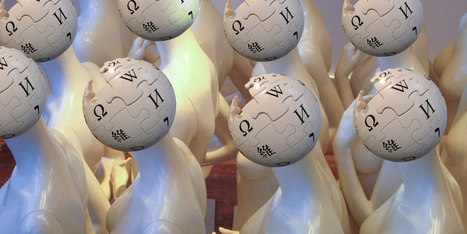
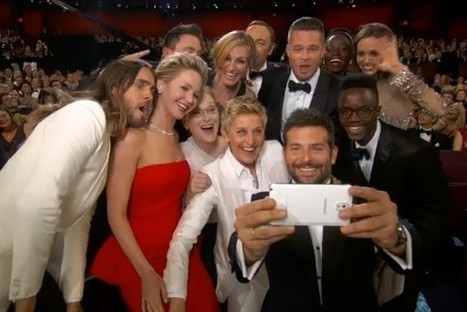
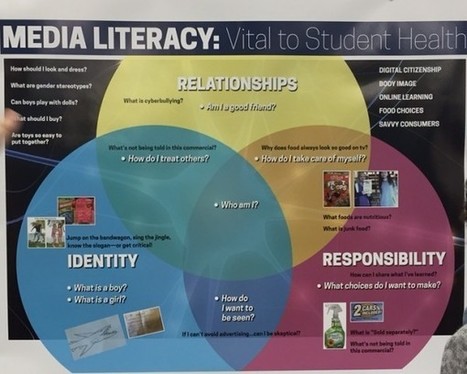
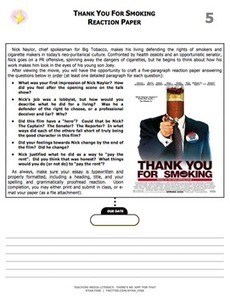
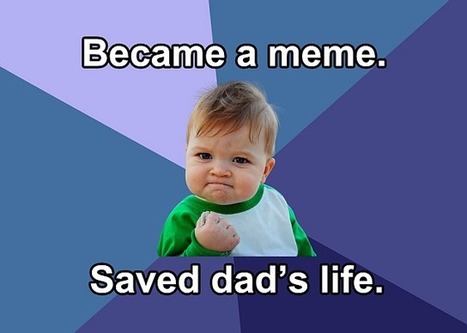





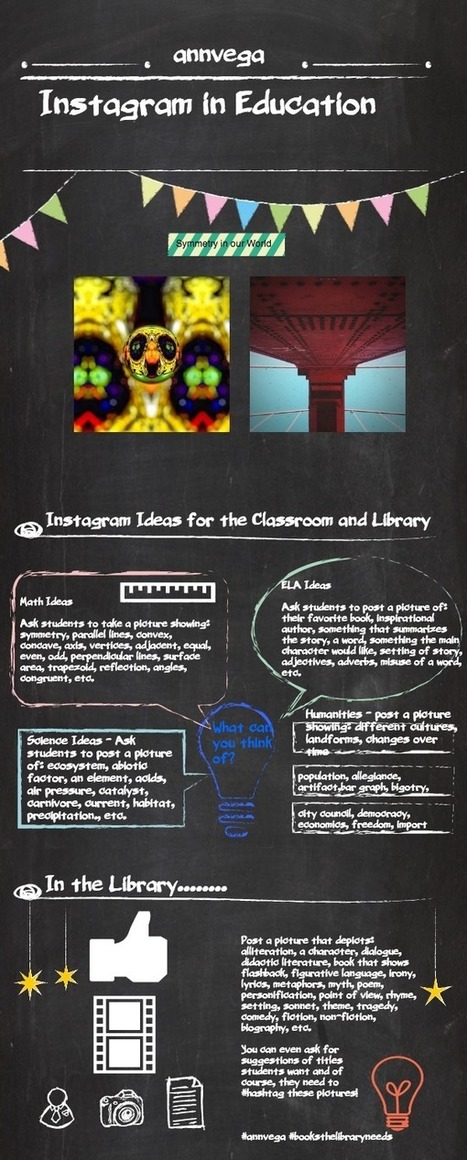
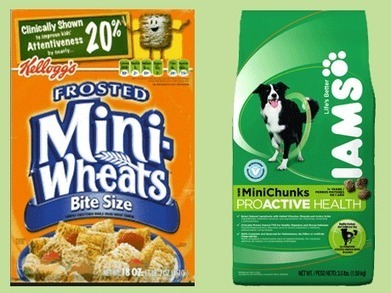





Great article--students can discuss the power of social media and punctuation at the same time! A missing comma brings back a fast food item:)